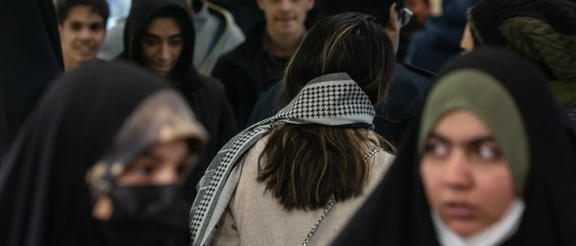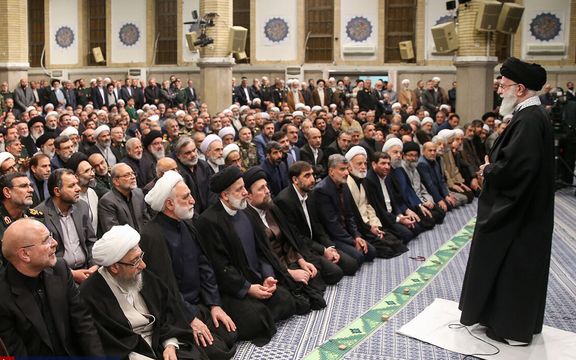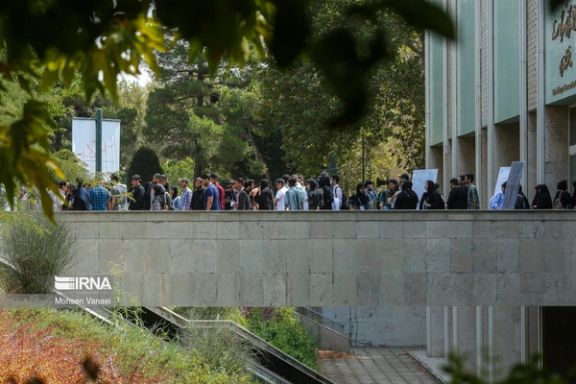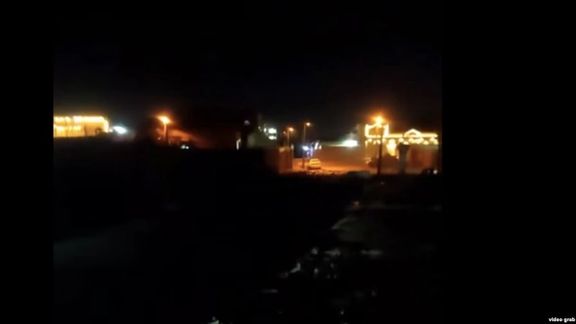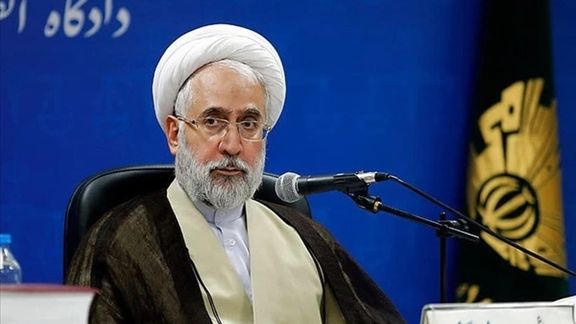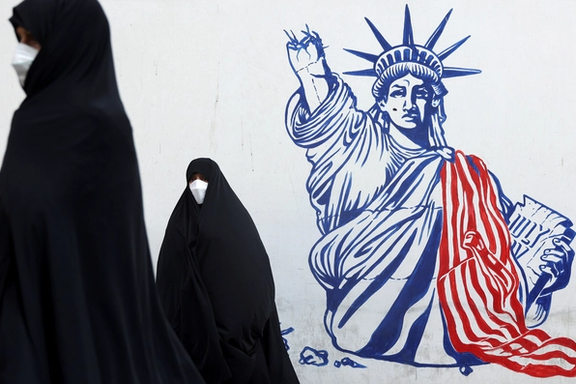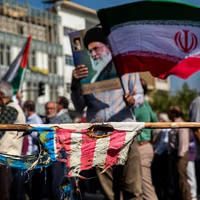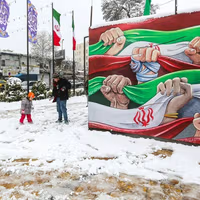Instead, the government has re-doubled its efforts to force women to wear the hijab, sending back the notorious ‘morality police’ to the streets to harass and intimidate women.
The morality police street patrols are known as Guidance Patrols (Gasht-e Ershad) in Iran. The public is highly critical of the recent return of the patrols to enforce hijab laws under a plan spearheaded by the interior ministry called the Nour (Light) Plan.
It was in the custody the morality police that Mahsa Amini lost her life in September 2022 at the age of 22. Amini’s death sparked several months of protests across the country and triggered widespread defiance of compulsory hijab. Some commentators in Tehran now say that the situation will never return to the pre-2022 status, when almost all women used a headscarf in public.
The Raisi government has become an advocate of Guidance Patrols and completely forgotten its election promises of dismantling them, an editorial in the reformist Shargh newspaper on May 1 said while criticizing the full force return of the patrols to the streets.
A Shargh newspaper's editorial on May 1 sharply criticized the Raisi government for embracing hijab Guidance Patrols, reneging on its election pledge to dismantle them, and sanctioning their resurgence on the streets.
Raisi made the promise during his election campaign in 2021. Official media such as the government mouthpiece, the Islamic Republic News Agency (IRNA), claim that the “Administrators’ Guidance Patrol” has made “an 80 percent progress” through evaluation and surveillance of government administrators’ performance in the past two years.
The government had promised to launch special investigative units as “guidance patrols” to clamp down on corruption, but no verifiable information has emerged to prove that actual investigative operations took place.
Hasan Darvishian, appointed by Raisi as his Special Inspector to supervise anti-corruption patrols, disclosed several months ago that the government had dismissed over ninety administrators for misconduct or incompetence. These included officials appointed by both previous administrations and Raisi's own.
In response to recent public backlash, Darvishian asserted on Thursday that the patrol's mandate had been rigorously executed within the "people's government." However, critics contend that rather than combatting corruption and inefficiency, the government has concentrated its efforts on purging dissenting voices to solidify hardliner control over state institutions, including universities.
The government has a hard time to convince the public about the sincerity of its anti-corruption claims due to several massive corruption cases such as the $3.5bn Debsh Tea case and other scandals that so far have not resulted in any prosecutions or transparency.
“They should have dealt with the wrongdoing government officials instead of forcing women and girls into vans and creating bitter incidents like the sad incident of Mahsa Amini’s [death in the custody of morality police],” Nazer Khabar news website said in an unattributed editorial last week, criticizing the government for letting massive corruption go unpunished due to political considerations.
The article also highlighted the recent oversight of corruption allegations against one of Tehran’s Friday imams, Kazem Sedighi, despite the government's purported efforts to combat corruption, inefficiency, and negligence.
Last month, undeniable evidence emerged implicating Sedighi in the illicit acquisition of a $20 million land plot in northern Tehran. Despite this, he faced no legal action or removal from his position. Instead, he merely admitted to being "neglectful" after being exposed, and things returned to normal.
The revelation of Sedighi's land acquisition scandal, brought to light by a whistleblower, sparked outrage in Iran. Initially, Sedighi denied any involvement and claimed that his signature on the deeds had been forged.
“Instead [of taking action against Sedighi], once again they dragged crying and screaming women and girls into the [police vans,]” Nazer Khabar wrote, adding that the experience of using the ‘morality police’ was a failed experience the authorities were repeating.
